College of Human Sciences
Reimagining Pan-Africanism
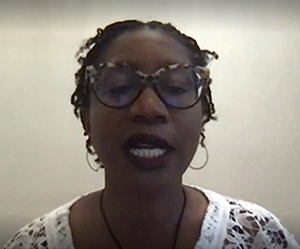
Prof Tiffany Willoughby-Herard
Prof Tiffany Willoughby-Herard recently delivered a virtual lecture entitled "Shelby Lewis goes to Uganda: Generations of educational struggle, anti-apartheid, Pan-Africanism". The webinar was organised by the Unisa Chief Albert Luthuli Research Chair, Prof Puleng Segalo.
Willoughby-Herard is an Associate Professor in the Department of African American Studies at the University of California in Irvine, and Professor Extraordinaire of the Chief Albert Luthuli Research Chair. She is also a Residential Fellow at the National Humanities Center in the United States of America, and the author of Waste of a White Skin and The Racial Logic of White Vulnerability, among others.
Reflecting on a thought scholar's journey
Dr Shelby Lewis is an American academic and political scientist. In 2010, President Barack Obama appointed her to the J. William Fulbright Foreign Scholarship Board. Lewis founded the Africana Women's Undergraduate and Graduate Training at Clark Atlanta University. It was the first place in the United States where a person could receive graduate training in black women's studies focused on the social sciences.
Lewis's moment of enlightenment came when she was recruited for a public opinion survey research. This presented her with an opportunity to engage in her long-standing interest in all things African politics and the end of colonialism in Africa. Her white instructor cautioned: "In Africa, the white Americans would be more accepted than black Americans."
In a research programme about Africa, Lewis was one of the only two black students and the only African American. Willoughby-Herard explained how Lewis was singled out in classroom interactions because she was an African American. Her professor believed that being an African American posed a unique deficiency. At the time, when attempting to research about African politics, being African American posed an alleged intellectual deficiency that white researchers, regardless of nationality or ethnic origin, would not face.
According to Lewis, her professor tarnished African Americans and disregarded all people of African descent. Lewis said: "When the African Studies Association started, white members viewed themselves as the custodians of the African experience and made decisions." She continued: "African Americans did not have the knowledge to be in those positions, nor did African people as they were assumed not to be open-minded enough to do research and write about themselves." This experience influenced Lewis, some of her neighbours and her siblings to go to Uganda.
Willoughby-Herard's introduction to the lecture was profound and provided insight into who she is and the integrity that she carries. "I am in another country today, in the indigenous land of Baltimore. I have the benefit of being able to reside safely as the first nations of this place have protected it from the face of colonialism, conquest, genocide, slavery and imperialism. I am grateful to them; I live and breathe because of the labours they undertake daily," she said.
Decategorisation of African intellectuals
In closing, Segalo thanked Willoughby-Herard. She remarked: "The lecture highlighted so many critical issues. As we continue on this journey of reimagining Pan-Africanism, we need to consider the categorisation of human beings where being white is associated with the ability to think. On the contrary, African people are perceived as non-thinkers who cannot produce knowledge." Segalo concluded: "By introducing us to Dr Shelby Lewis and excavating these hidden historiographies, we are reminded that African intellectuals have always existed."
* By IHlubi Veli Mabona, Marketing Assistant, College of Human Sciences
Publish date: 2022-07-19 00:00:00.0


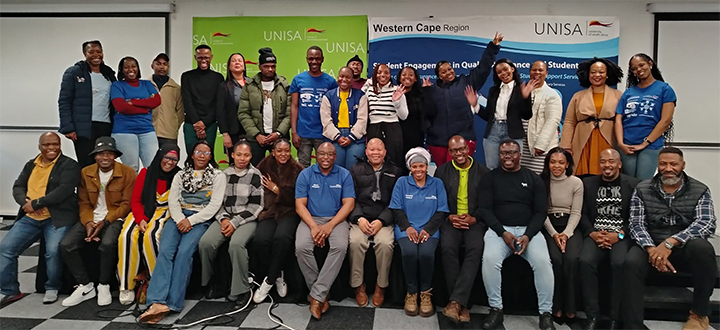 CAS students take centre stage in shaping academic quality and support
CAS students take centre stage in shaping academic quality and support
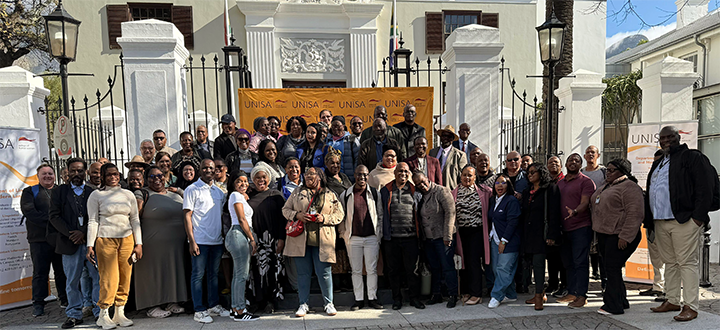 Unisa engaged scholarship project heads to parliament
Unisa engaged scholarship project heads to parliament
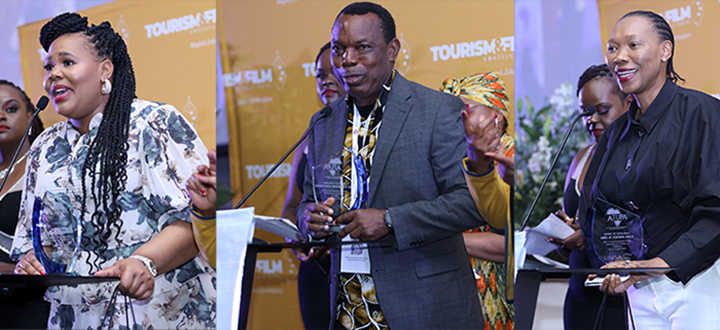 Unisa and ATUPA recognise researchers for ingenuity and innovation
Unisa and ATUPA recognise researchers for ingenuity and innovation
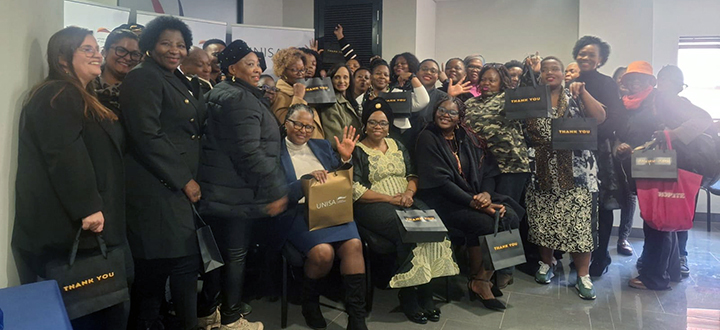 Recognising the unceasing resilience of women
Recognising the unceasing resilience of women
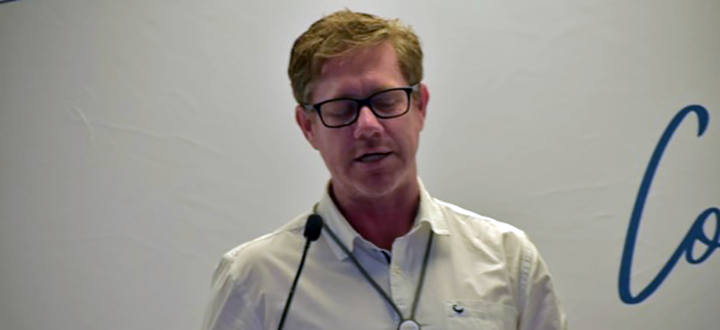 Unisa and SHECASA promote institutional health and safety
Unisa and SHECASA promote institutional health and safety